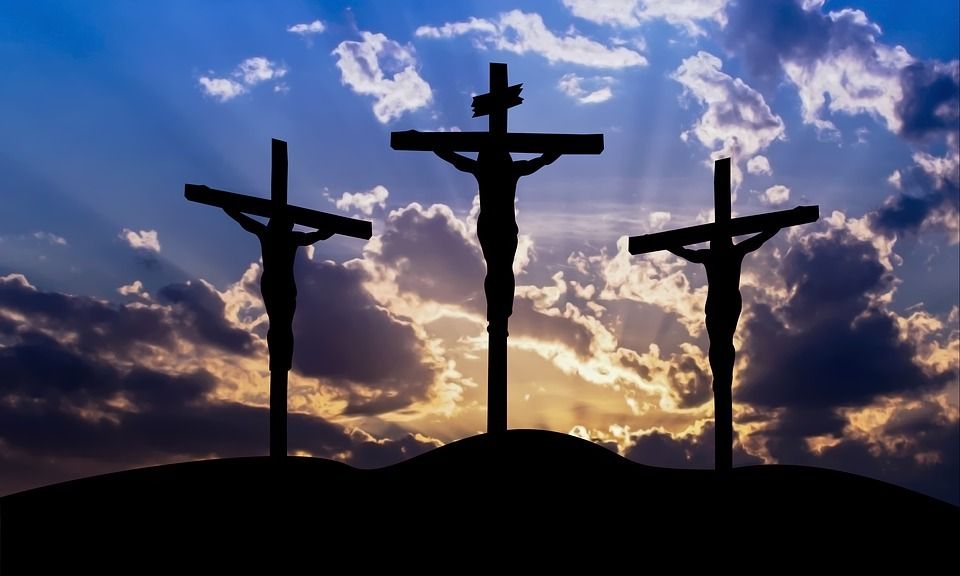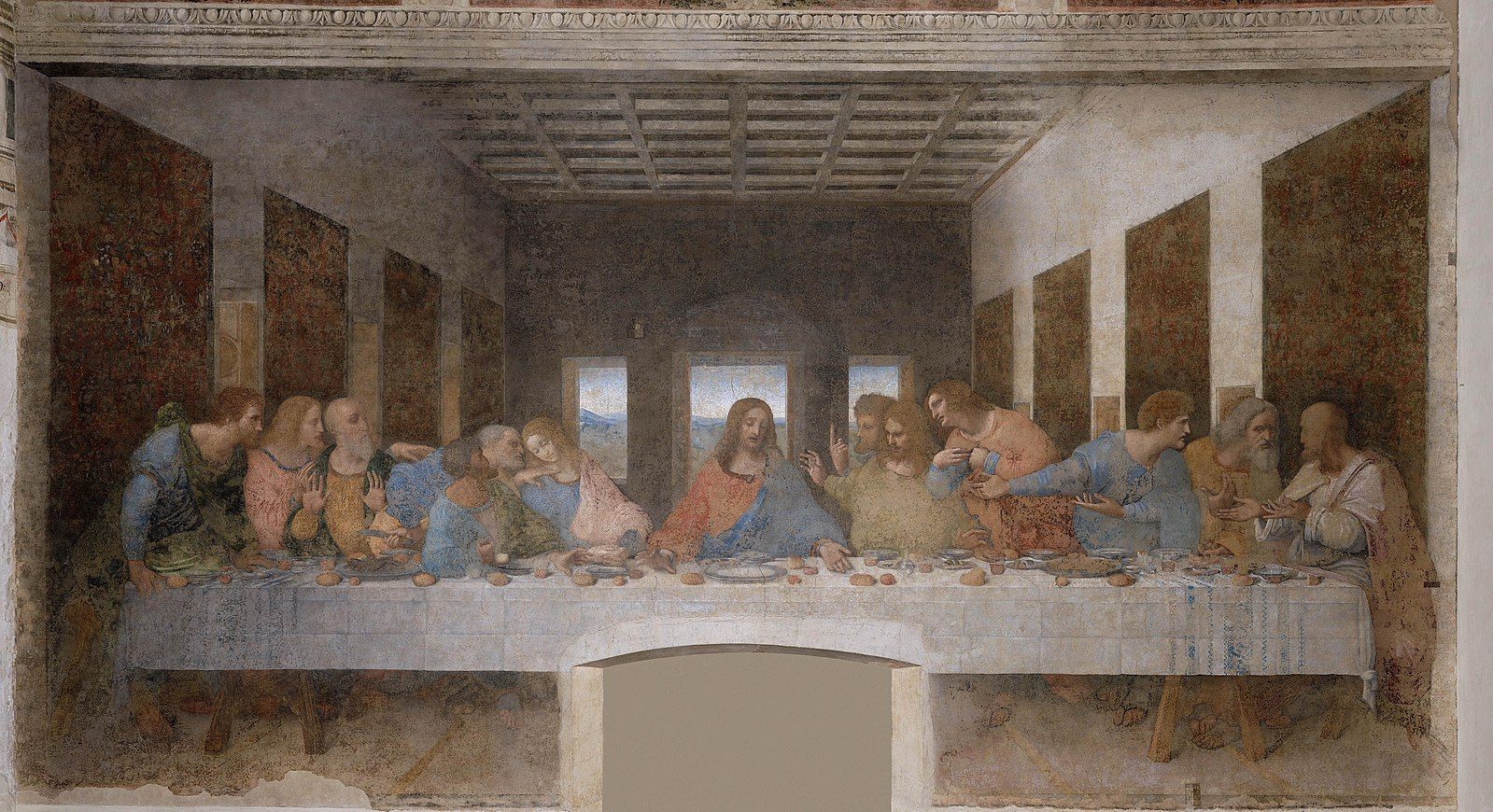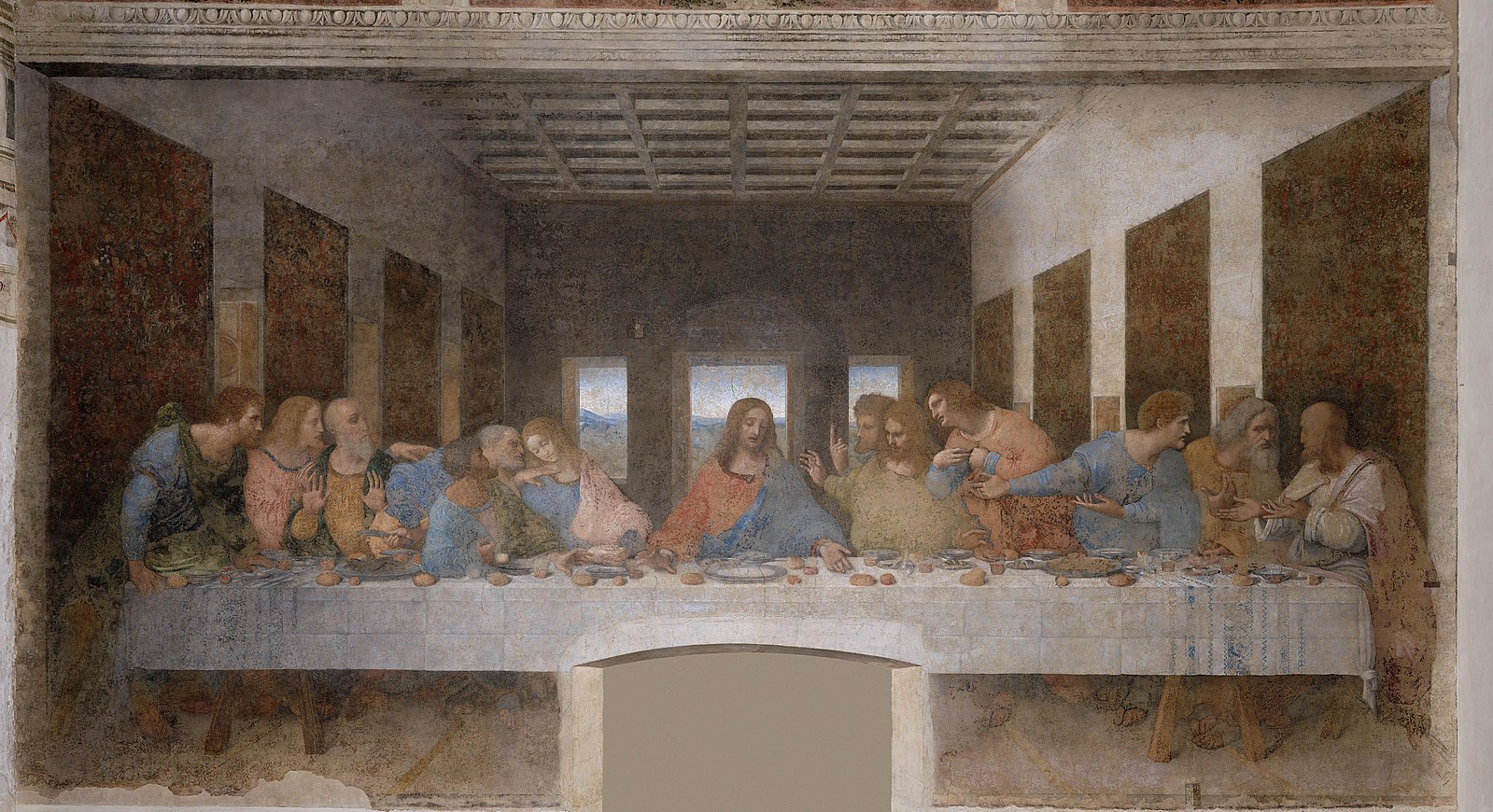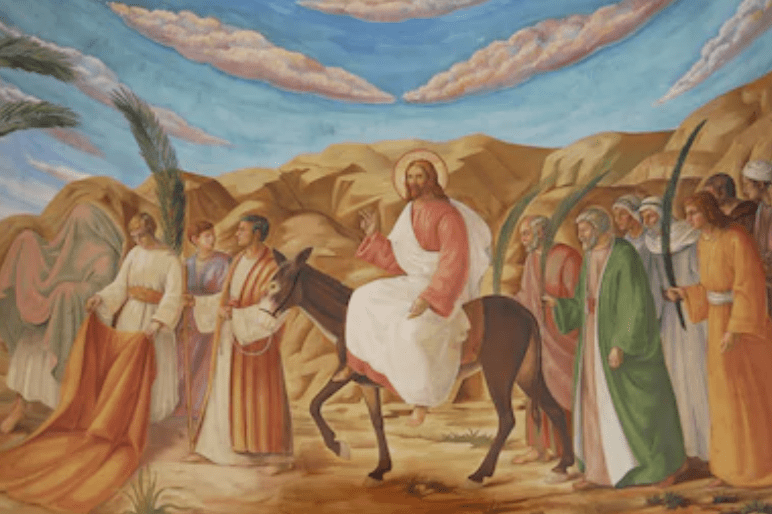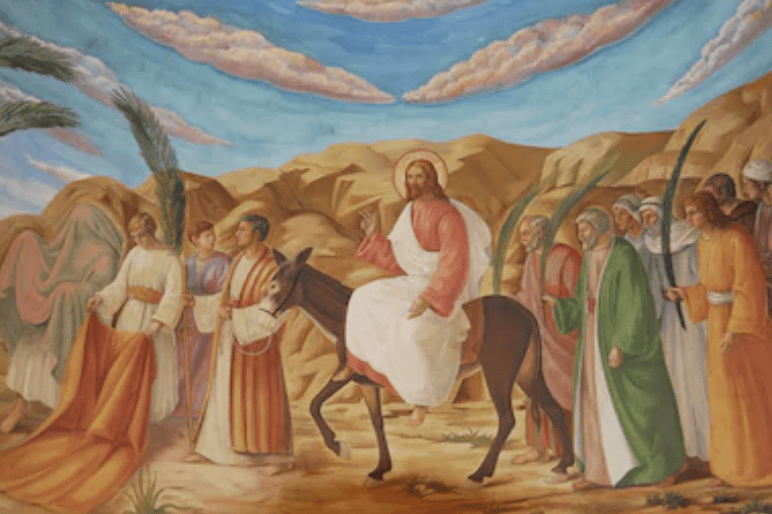Good Friday

And Jesus said to him, “‘If you can’! All things are possible for one who believes.”
– Mark 9:23
When one enters an Episcopal parish, one of the first things that is noticeable is an altar and usually a cross above it or near it. In Roman Catholicism, it is traditional to have a crucifix (cross with the body of Jesus). These things remind us that Jesus was slain by means of crucifixion for our sins. Good Friday is the day that this event known as the Passion takes place.
Good Friday remembers the passion of Christ and the last events of His mortal life before He was sacrificed for us. It is an emotional day as every word that is heard brings us closer to Christ. One can almost feel what Christ felt. A man who knew no sin has died in your stead. But it is a day of sadness but it is also a day of rejoicing because St.Paul reminds us that there can be no forigveness of sins without the shedding of blood.
On Good Friday, the Passion Gospel is read and then meditations follow that are about the last events of the life of Jesus. Each event brings us further into the story and further to our ultimate redemption.
In Leviticus 16, we read of a lamb that is slain for all of the sins of Israel. The High Priest makes atonement for their sins through this sacrifice. Good Friday makes us remember that Jesus was both the High Priest and the lamb who would be slain. He had to die for our sins in order to reconcile us to God just as Aaron, the High Preist, did for the children of Israel. Please join the Church Catholic at your local parish for this ultimate service in remembrance that Christ died for you!
Thanks be to God.

